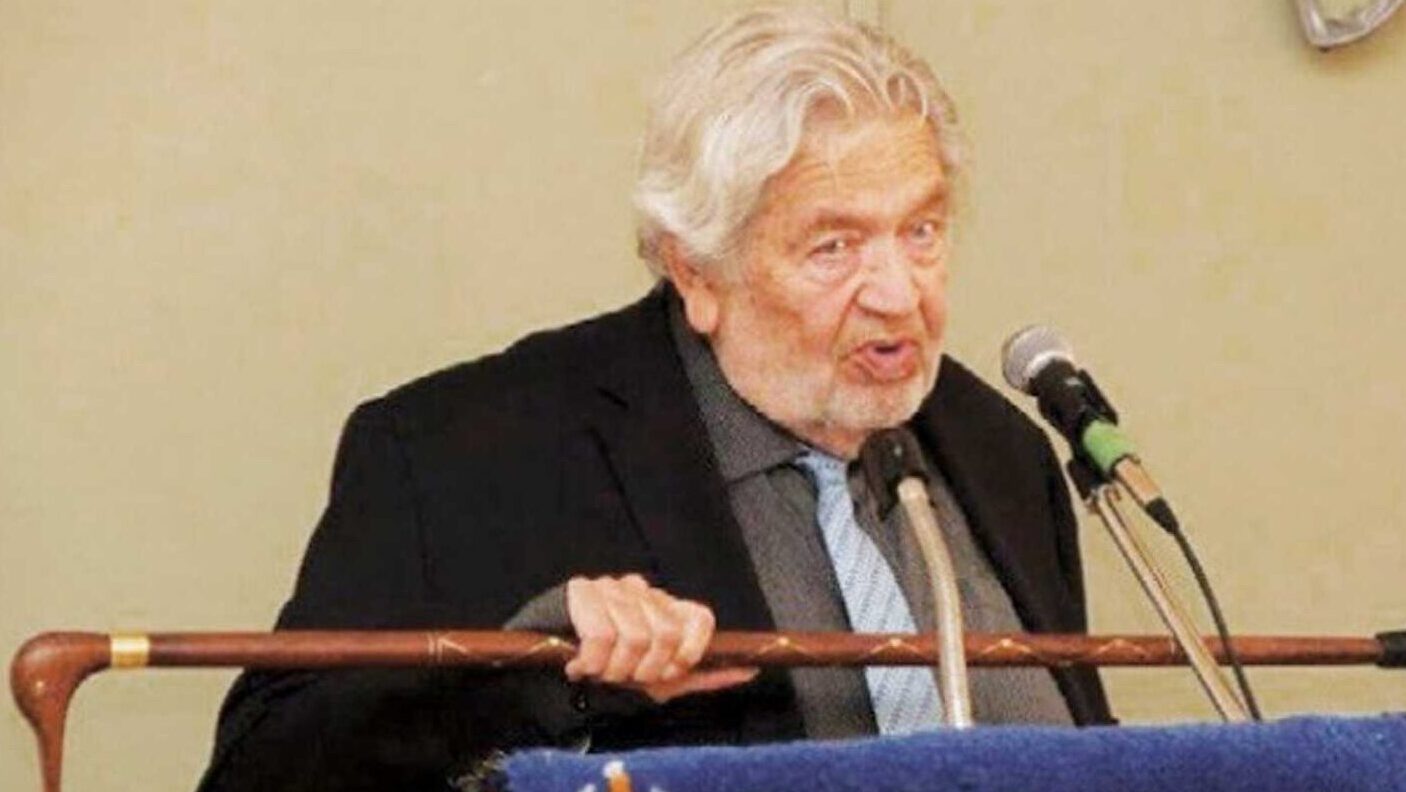While the far-right’s visibility in Europe has dramatically grown in recent years, especially with their anti-vaxxer exhortations, several years ago the influence of the far-right and the far-left in the EU elections was about equal. Both received about 8-10% of the vote. In other words, political extremes in the EU parliament represented about 20% of its members. Their combined influence has grown since.
The far-right’s affinity to the Kremlin defies historic precedent.
Not so with much of the far-left. It still adheres to the time-worn tradition of being Soviet (now Russian) apologists, even useful idiots. They’re true to their legacy from three generations ago, solidly rooted by well-known fellow travelers. One recalls Walter Duranty, the British-born, Moscow-based, New York Times journalist who ridiculed and lied in press reports about the 1930’s Ukrainian famine while simultaneously confiding to the British embassy that ten million had died from starvation in the Soviet Union. In fact, nearly four million Ukrainians alone perished from a deliberately managed starvation program.
(One must acknowledge a rudimentary difference between the far right and the far left in their support of Russia’s policies. The left fringe knowingly and deliberately fosters pro-Kremlin positions, some with ideological or intellectual motives, others out of nostalgia for the 1917 revolution, etc. The ultra-right presents a more strident, visceral posture, not out of ideological zeal. Putin is their poster hero who protects cultural conservatism and battles the permissive, decadent liberalism of the West.)
In the 1940’s Bernard J. Stern, a US scholar and recognized expert on Soviet nationalities authored an article for the American Sociological Review praising the virtues of the Communist policy towards minorities and captive republics, that the latter supposedly enjoyed the right to self-determination and the right to secede from the USSR. He praised Josef Stalin as a skillful statesman. The academic piece was typically unfettered Soviet propaganda published in a recognized academic journal.
Under Putin, Russia is adopting Soviet era propaganda as historical fact. The stark facts that were exposed in the early 1990’s, the brutality, and failures of the of the USSR are have been rejected and replaced by a myth, one that the Western left fringe honours, has taken their place.
Perhaps one of the most distinct examples of this is the observation of Jean-Luc Mélanchon, leader of France’s Left Party, made after Russia had invaded and annexed Crimea, who insisted that Crimea belonged to Russia: “The Crimean ports are vital for the security of Russia. It is absolutely predictable that the Russians would not give in…….The Russian nation cannot allow North Americans and NATO moved to their doors.”
The European far-left’s relationship with the Kremlin was built on “old comrade” networks, developed by the Soviet KGB, conatcts, according to intelligence sources, are still alive. An appropriate example is Germany’s Die Linke party, the direct descendant of the Marxist-Leninist ruling party of the former East Germany, the Socialist Unity Party. It has been calling for an end to NATO and the creation of a military organization including Russia “from Lisbon to Vladivostok”. This coincides perfectly with Putin’s current demand – the dismantling of the North Atlantic Alliance.
Ukrainian researchers have identified numerous far left groups, all of whom have substantial followers at their websites, at least two of which are Canada based. Canadian Dimension and Globalresearch, both support the Kremlin’s claims of Ukraine residing within Russian space and its domination, and justify the suppression of domestic political dissent.
How many of these Kremlin proxies are funded by Russia is unknown. But often they cite Russian official media or even Russian neo-Nazi sources. Their authors/contributors have visited Russian occupied territories such as Crimea and the Donbass region of Ukraine and signed declarations backing the aggressive international behavior benefitting the Russian ruling elite.
While many dismissed the ultra-left of the West as dupes of Moscow, before the collapse of the Soviet Union, they still espoused some Marxist doctrine. One party rule, state ownership and Communists in power jibed with their ideals. But Russia today gives capitalism a bad name. The most affluent capitalists are those closest to the Kremlin leadership, whose corrupt relationship with these government-favoured oligarchs has made Putin one of the wealthiest men in the country.
In spite of this the far-left still supports this non-Marxist ruling elite, who do not adhere to any socialist principles domestically or internationally. While not accusing the Russian regime of capitalism, the far-left calls it “progressive” for its anti-American stance, and its use of some oil and gas revenues for social programs. The left certainly denies any Russian imperialistic ambitions.
Regardless of which one has more influence, the far-left and the ultra-right together help to expose a large number of people to pro-Moscow propaganda. Both are remorseless Kremlin sycophants.
Laas Leivat, Toronto




